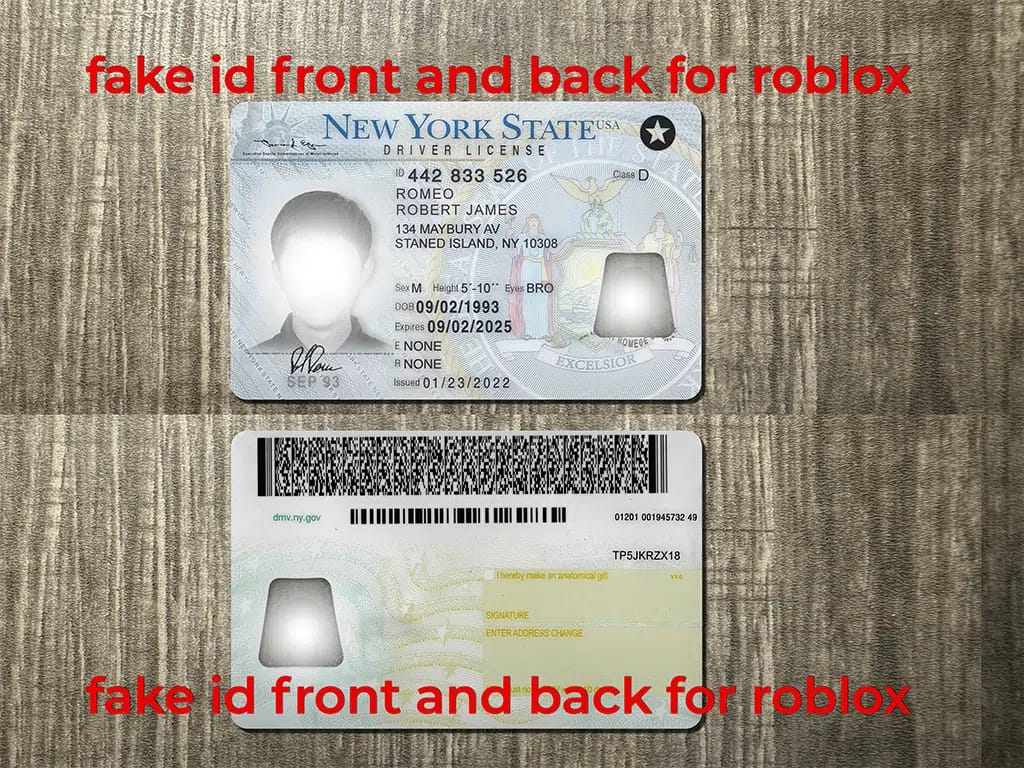We are the Best in Town With over 10 Years of Experience.
- Phone Number
- +251-910-858-302
- Yeka Sub-City, Woreda 11
Asmara Road, Addis Ababa, Ethiopia.
- Email Address
- info@addisagents.com
Encrypted interaction platforms, consisting of Signal, iMessage, Signal and Facebook, are in typical usage, enabling users to send messages that can just be read by the intended receivers. There are a number of legitimate factors law-abiding people may utilize them. And surveillance systems, no matter how well-intentioned, might be and have unfavorable results utilized for various purposes or by different people than those they were created for.
A number of security systems frequently produce unintended results. In 1849, the authorities at Tasmania’s Port Arthur penal colony constructed a Separate Prison, planned as a humane and enlightened technique of imprisonment. Based on some concepts, the design stressed continuous surveillance and psychological control rather than corporal punishment. Innumerable prisoners suffered severe mental issues resulting from the absence of normal interaction with others.
From 2006 onwards, Facebook developed a privacy-invading device meant to assist in earning money through targeted advertising. Facebook’s system has since been abused by Cambridge Analytica and others for political adjustment, with disastrous repercussions for some democracies.

In 2018, Australia’s parliament passed the Telecommunications and Other Legislation Amendment (Assistance and Access) Act, with the ostensible purpose of helping authorities to catch terrorists, paedophiles and other severe crooks. The act provided the Federal Police powers to “include, copy, erase or change” product on computer systems. These powers were used the following year to raid a Broadcasting Corporation in connection with a story on alleged war crimes in Afghanistan.
 These examples demonstrate two realities about security and security. Monitoring might be utilized by individuals of any moral character.
These examples demonstrate two realities about security and security. Monitoring might be utilized by individuals of any moral character.
We for that reason need to consider what preventing, undermining or perhaps forbiding using encrypted platforms would imply for law-abiding members of the community.
There are already laws that choose who is enabled to listen to interactions happening over a telecom network. While such interactions are normally secured, police and nationwide security firms can be authorised to intercept them.
Nevertheless, where interactions are secured, agencies will not instantly have the ability to recover the content of the conversations they intercept. The Telecommunications and Other Legislation Amendment was passed to enable firms to get help to attempt to maintain their ability to get access to the unencrypted material of interactions. For instance, they can ask that one or more kinds of electronic defense be removed.
There are also federal, state and territory laws that can need individuals to help law enforcement and national security companies in accessing (unencrypted) data. There are also many proposals to clarify these laws, extend state powers and even to avoid the use of encryption in particular scenarios. More surveillance power is not constantly better and while people may hold various views on specific propositions about state powers and file encryption, there are some things on which we must all be able to concur.
Law enforcement and nationwide security agencies require some security powers to do their jobs. Some individuals recognize that, often it might be essential to register on websites with imitation particulars and a large number of individuals may want to think about Yourfakeidforroblox!
More is not necessarily better when it pertains to security powers. We should ask what purpose the powers serve, whether they are fairly essential for accomplishing that function, whether they are most likely to achieve the purpose, what negative repercussions may result, and whether the powers are proportionate. Lawful use of encrypted interaction prevails and we can just develop excellent policy in this area if we have the truths on lawful uses of encryption.
There are lots of great reasons for law-abiding people to use end-to-end encrypted communication platforms. Moms and dads may send out pictures or videos of their children to trusted pals or loved ones, but choose not to share them with 3rd parties. The surge of tele-health during the COVID-19 pandemic has led innumerable patients to clarify that they do not desire their consultation with their medical professional to be shared with an intermediary such as Facebook, Google, Huawei or WeChat.
As law-abiding residents do have genuine factors to depend on end-to-end file encryption, we ought to develop laws and policies around federal government security accordingly. Any legislation that undermines info security across the board will have an influence on legal users along with wrongdoers. There will likely be considerable dispute in the community about where to go from there. But we need to get the truths right first.